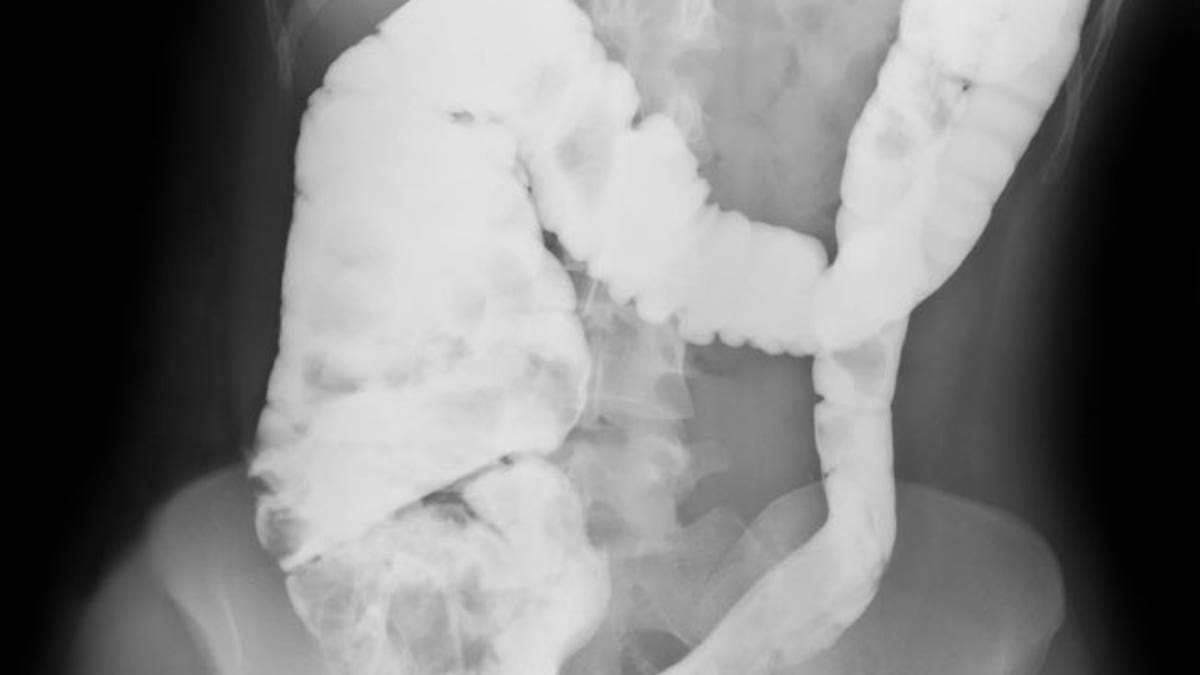
Scientists have discovered hormone receptors in mouse cells that may stimulate the growth of fibrosis—the thickening and scarring of tissue that damages the intestines of many people with Crohn’s disease. Although preliminary, the finding may provide a new target for drugs that could potentially help treat such debilitating complications.
In humans, fibrosis occurs as a response to chronic inflammation; it is a common side effect of conditions such as liver cirrhosis, kidney disease, and heart attacks. (It also occurs, to a lesser extent, during normal aging.) For patients with Crohn’s disease—a type of inflammatory bowel disease—surgery is often needed to remove or repair parts of the intestines that have been damaged by fibrosis.
Related: Crohn’s Disease? 8 Tips for Eating Out
"If you can reverse this, you've essentially found a way to promote regeneration rather than degeneration," said lead author Bernard Lo, a PhD candidate at the University of British Columbia, in a press release. "We think that we can potentially block complications of all these age-related fibrotic diseases by dampening these particular inflammatory cell types.”
For the study, published in the journal Science Immunology, the researchers infected lab mice with a type of salmonella that mimics the symptoms of Crohn’s disease. They found that mice with a specific genetic mutation did not develop fibrosis, while the rest did.
Related: 10 Foods to Avoid If You Have Crohn's Disease
The “defective” gene had switched off a hormone receptor responsible for stimulating the body’s immune system, said co-author Kelly McNagny, PhD, professor of medical genetics and co-director of the UBC Biomedical Research Centre. “We found what we think are the inflammatory cells that drive fibrosis," he said.
This may give doctors a new target to aim for when developing or testing new treatments for Crohn’s disease and other conditions that involve tissue scarring. "There are drugs available that may be able to block that hormone receptor in normal cells and prevent fibrotic disease,” said McNagny.
Related: 10 Vitamins You May Need If You Have Crohn's
First, though, researchers will have to show whether drugs can stop or reverse fibrosis in mice; then of course, they need to see if the drugs have a similar effect in humans. So while these early findings are promising, they haven’t paved the way for new commercially available treatments just yet.